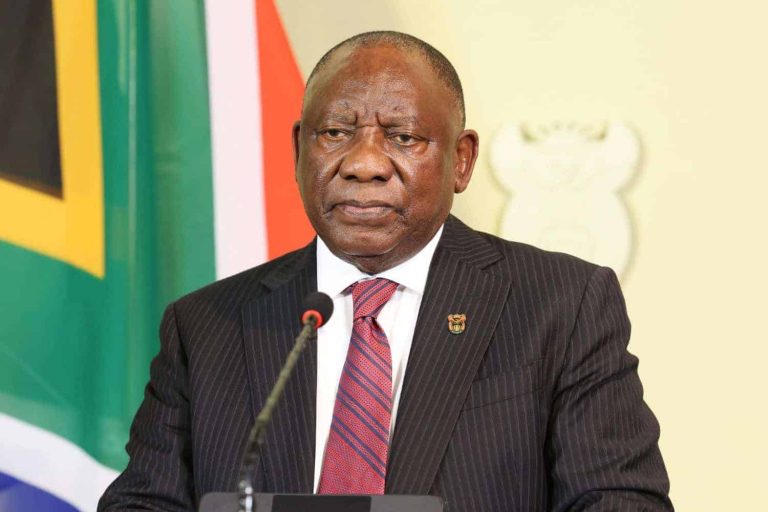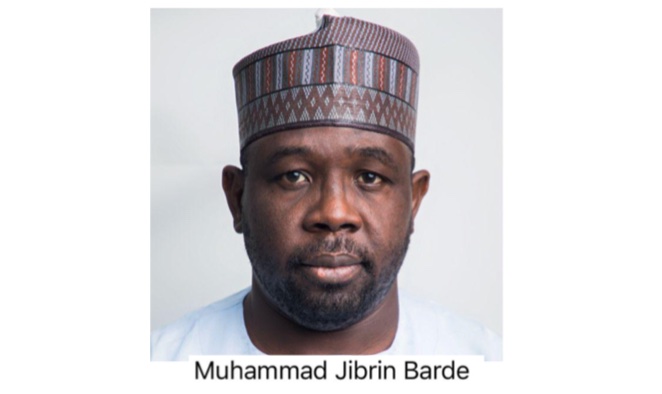
The White House is ramping up efforts to integrate artificial intelligence into U.S. classrooms, positioning AI as both a transformative opportunity and a challenge to manage responsibly. On Thursday, First Lady Melania Trump joined senior administration officials and leading tech executives for the second meeting of the White House Task Force on Artificial Intelligence Education.
“The robots are here [and] our future is no longer science fiction,” the First Lady declared, setting the tone for a discussion that balanced optimism with caution.
“AI will present the single largest growth category in our nation during this administration,” she said. “I wouldn’t be surprised if AI becomes known as the greatest engine of progress in the history of the United States.”
Still, Trump urged “watchful guidance” during what she described as AI’s “primitive stage,” emphasizing the need for responsible development.
The task force, established in April through an executive order from President Donald Trump, is focused on promoting AI literacy, training educators, and preparing students for an AI-driven economy. More than 100 companies and organizations have pledged to serve as “AI Education and Workforce Champions,” many of whose leaders attended Thursday’s meeting.
While no major policy announcements were made, officials shared updates on federal initiatives. Director of the White House Office of Science and Technology Policy, Michael Kratsios, joined the secretaries of education, labor, agriculture, and energy to outline ongoing efforts.
Labor Secretary, Lori Chavez-DeRemer, highlighted recent guidance encouraging state and local workforce agencies to leverage existing funds to help workers develop AI skills, part of a broader push to create an AI-ready workforce.
Major technology companies and industry groups pledged concrete support for the White House’s AI-in-education effort, promising resources over the next four years to expand AI learning through funding, curricular materials, hardware and software, and mentorship. Signatories include household names such as Apple and Cisco, along with trade organizations like the Telecommunications Industry Association.
At the meeting, several tech leaders unveiled specific commitments. IBM CEO Arvind Krishna said the company will use its SkillsBuild platform to train 2 million Americans in “cutting-edge AI skills” over the next three years. Code.org President Cameron Wilson pledged to partner with 25 states during the same period to help create and scale K–12 AI pathways. Google and Alphabet CEO Sundar Pichai announced that $150 million of the company’s three-year, $1 billion education initiative will be dedicated specifically to AI education in the United States.
Microsoft, speaking alongside the administration, unveiled two new initiatives tied to the event: a free 12-month subscription to Microsoft 365 for every college student in the U.S., and $1.25 million in prize funding for a newly announced Presidential AI Challenge.



